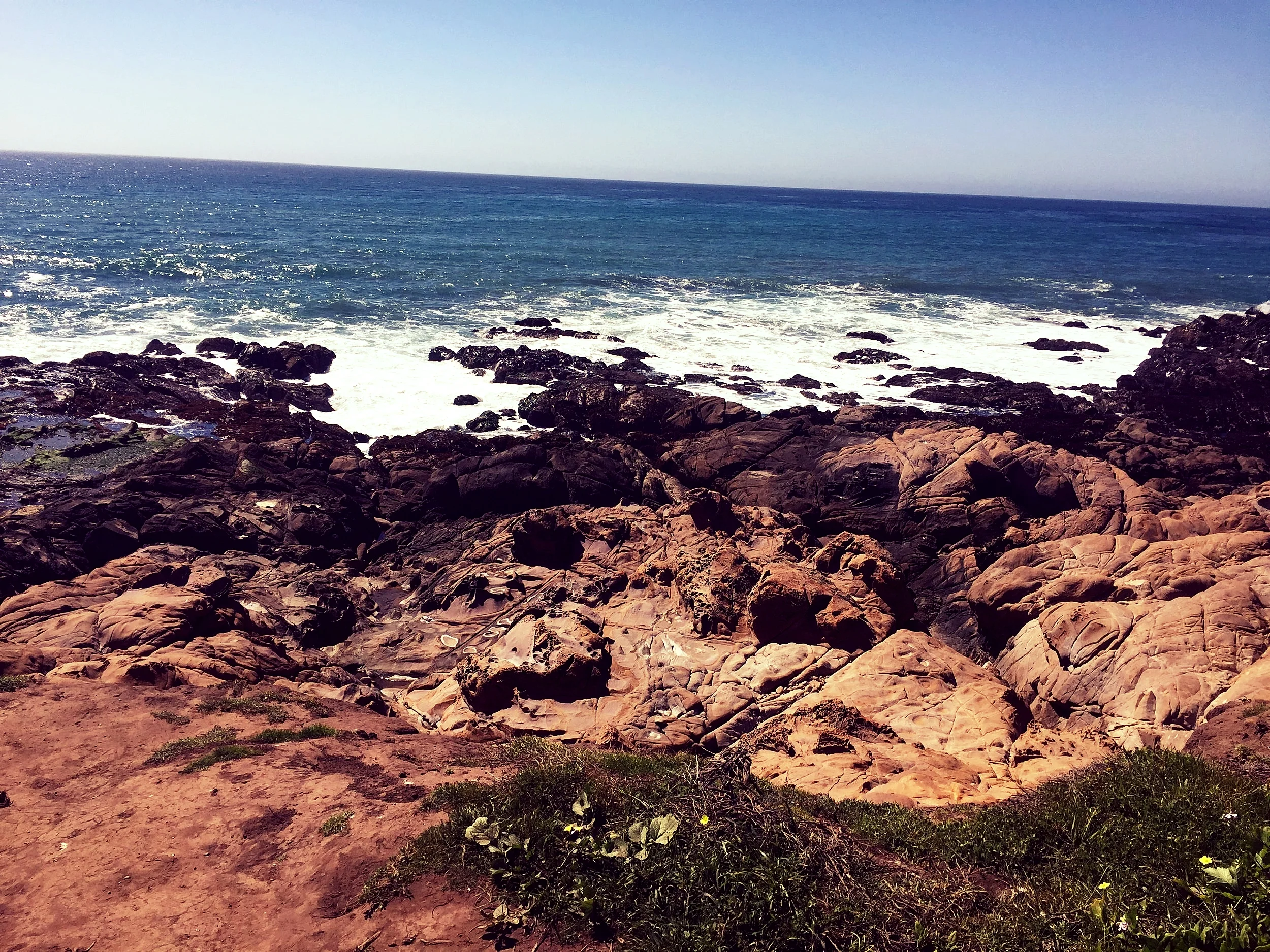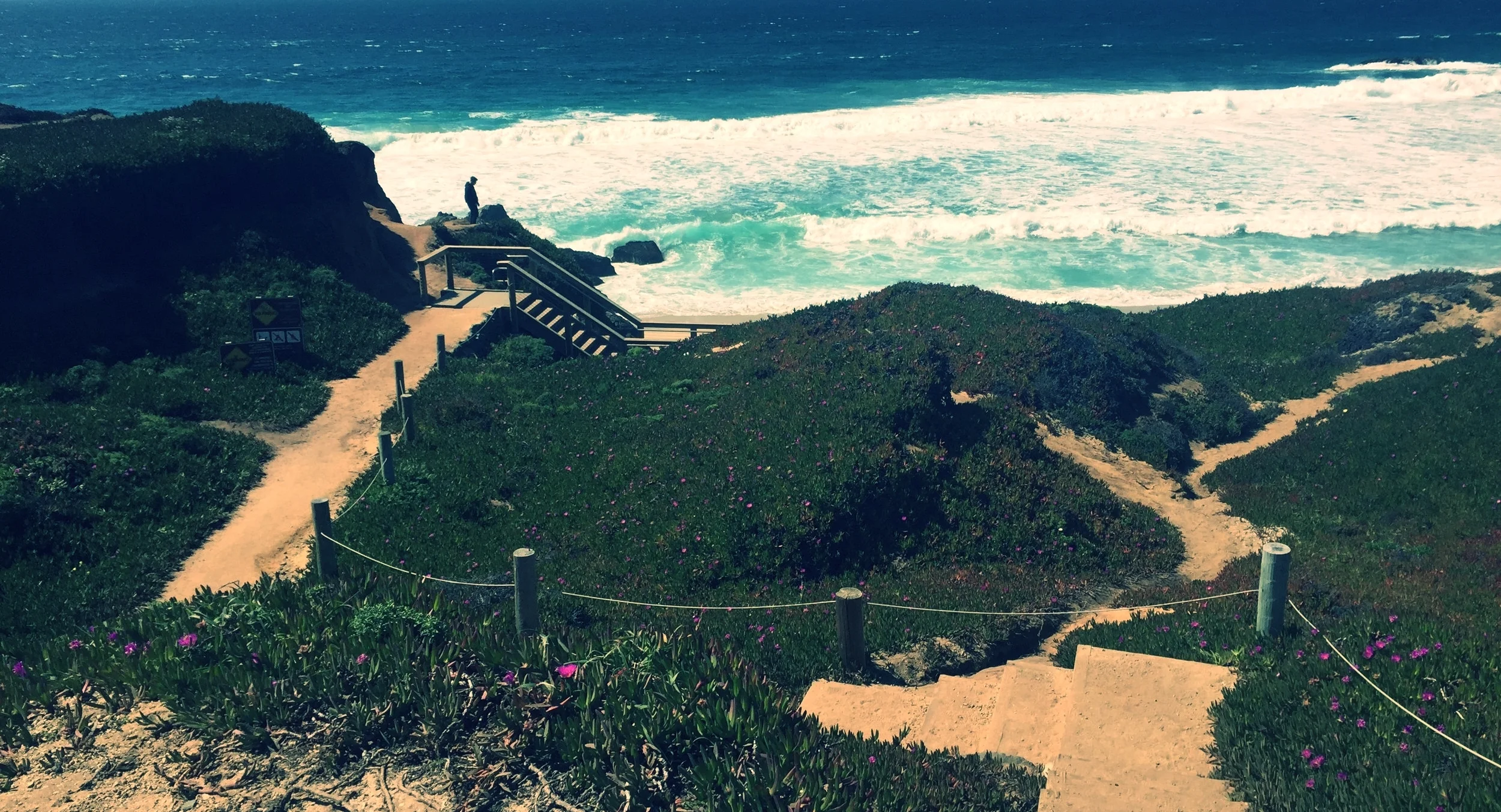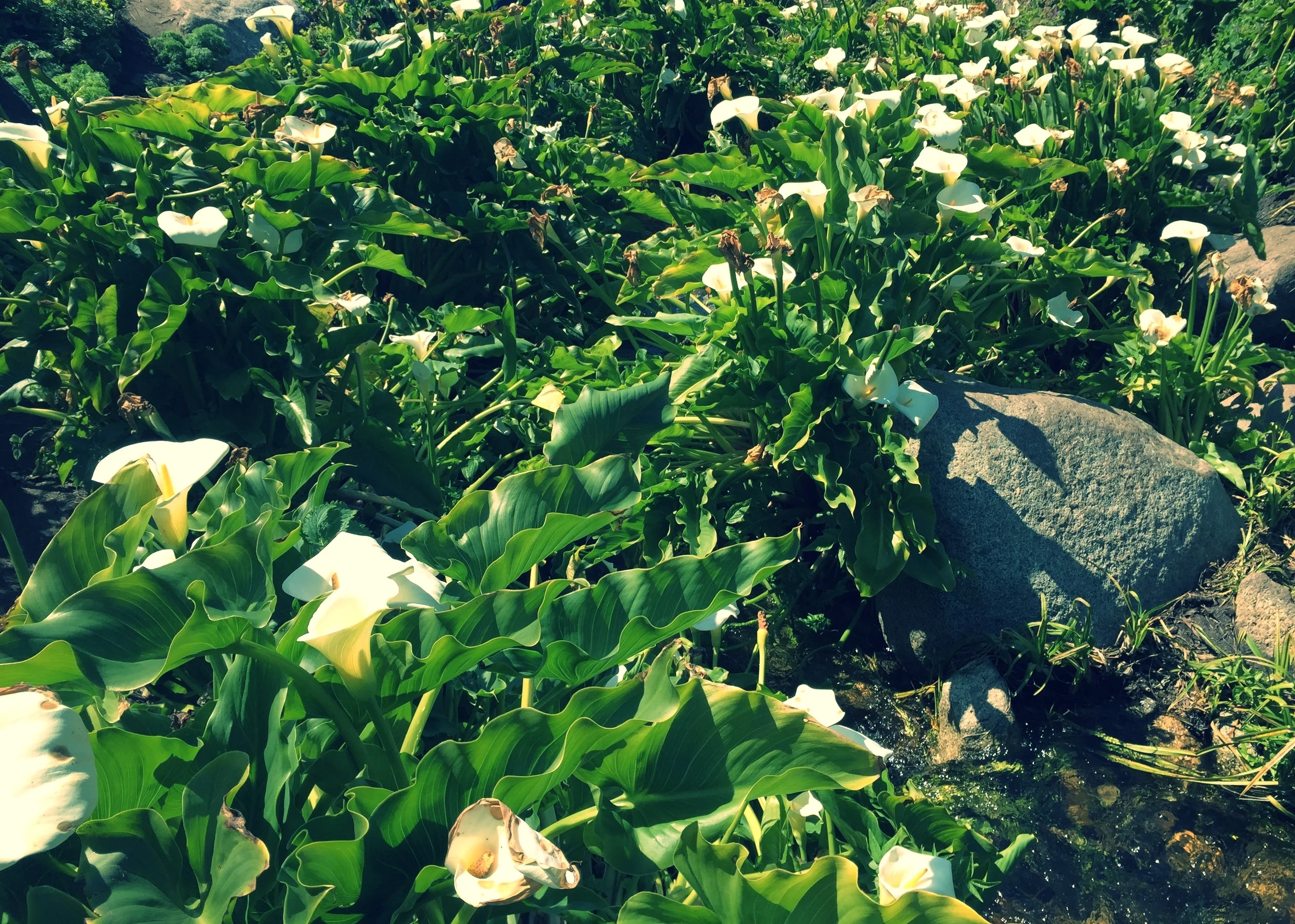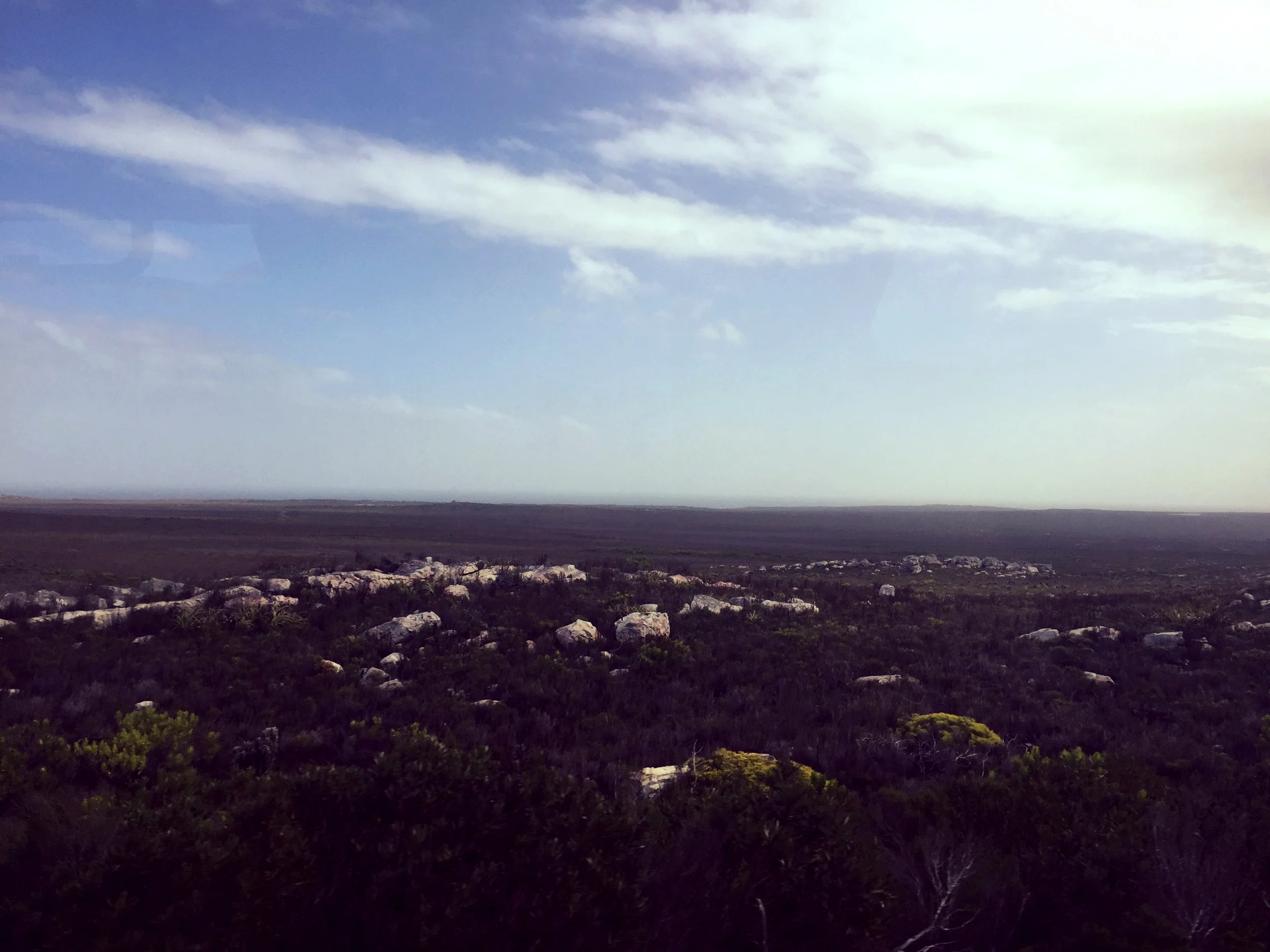On Shedding Shame: Embracing My Asexuality
I discovered the word “asexual” when I was 16. It was, for me, as it has been for many asexuals, a veritable revelation. I reveled in claiming this newfound identity that so keenly described my experience and connected me to a community of people like me. I envisioned an idyllic life free of romance, assuming based on my time in high school that I would never want to date.
Then, I entered college and was astonished to find that dating could actually be a possibility. There was a guy in one of my early friend groups who was knowledgeable, witty, and kind. We would eat breakfast together before class and, in the evenings, I would play piano for him in the music practice rooms. There seemed to be an electricity between us that unnerved me with its unfamiliarity, and soon he asked me to go out with him. I knew that I wanted to continue the connection we had, so I decided to be open with him and come out as asexual.
My disclosure ended up stunning him into silence. He spent an excruciating amount of time trying to decide if he still wanted to date me, before finally telling me “no.” I spent the next few weeks shedding many tears and agonizing over the incident. Was it really that bad to be asexual? Did this make me that undesirable of a person? Sure, I didn’t experience sexual attraction, but this guy and I had really connected – did that not count for anything? At the time, I had no frame of reference to know how being asexual would or wouldn’t affect a romantic relationship; I only knew that this core part of my identity was clearly something that could repulse others, and thus I came to internalize a distinct sense of inferiority and shame for it.
The next guy came along a month after that experience. He was part of a study group that would meet in the dorm lounge where I would do my homework. A casual exchange of words one day became a three-hour-long conversation, the topics of which I cannot recall but which were riveting enough to make us fall into a six-month relationship. We were spectacularly ill-matched: he was majoring in engineering and felt himself superior to humanities students while I was studying in the humanities. It was my first relationship and I didn’t recognize the host of red flags that manifested as neglect, contempt, and apathy. He would walk away from me with his friends, ignored my messages, skipped out on my birthday celebration, and would refuse to see me. And I made excuse after excuse for him, because, in my mind, I had placed him on a pedestal. Why? I had internalized the idea that I was undesirable, so I saw him as some sort of magnanimous saint for accepting my asexuality. Every time I was wounded by his actions or inactions, I would tell myself that he was a good person and that I needed to be a better girlfriend. This led me down a road of even lower self-esteem that pressured me to remain in a relationship that was exceedingly detrimental to my emotional well-being.
Thankfully, something clicked after that ordeal. I don’t recall any particularly dramatic shift in my thinking or any epiphany that roused me from my self-loathing; it was only a small, quiet miracle of self-acceptance and the gradual shedding of shame. I volunteered at the campus LGBTQ center in my second year of college and was surrounded by peers of all sexualities, genders, and presentations. In that space, our departures from cisheteronormativity were welcomed. I began to truly embrace my asexuality as something to be celebrated and a beautiful way to experience human connection. No longer did I view myself as an undesirable partner merely for my absence of sexual attraction; I realized that if others treated me as such that it was due to a lack of awareness and not any fundamental flaw that was inherent to asexuality. The spirit of apology I used to have when disclosing my orientation dissipated, replaced by a keen sense of pride.
After I adopted this attitude, the quality of my dating life rose remarkably. Instead of being a stumbling block for me, asexuality became a convenient way to filter potential dates. People who were completely accepting of asexuality also tended to be open-minded. I formed relationships with people who were compassionate, knowledgeable about social issues, and working actively to combat inequality. To them, my lack of sexual attraction was a characteristic akin to my eye color or height; it was a non-issue for our relationship, and even an aspect they found worth appreciating. My eighteen-year-old self, devastated over that first rejection, never would have imagined such a positive outcome.
My reconciliation of asexuality with dating has been a work in progress. There are occasions when someone’s misconceptions of asexuality affect the way they engage with me, which can cause lingering insecurities to surface. Still, throughout this journey, I have learned so much about the ways I bond with others and have met some truly fantastic people. Asexuality is such a valuable way to experience and navigate human connection, and I now know much better than to feel otherwise.





